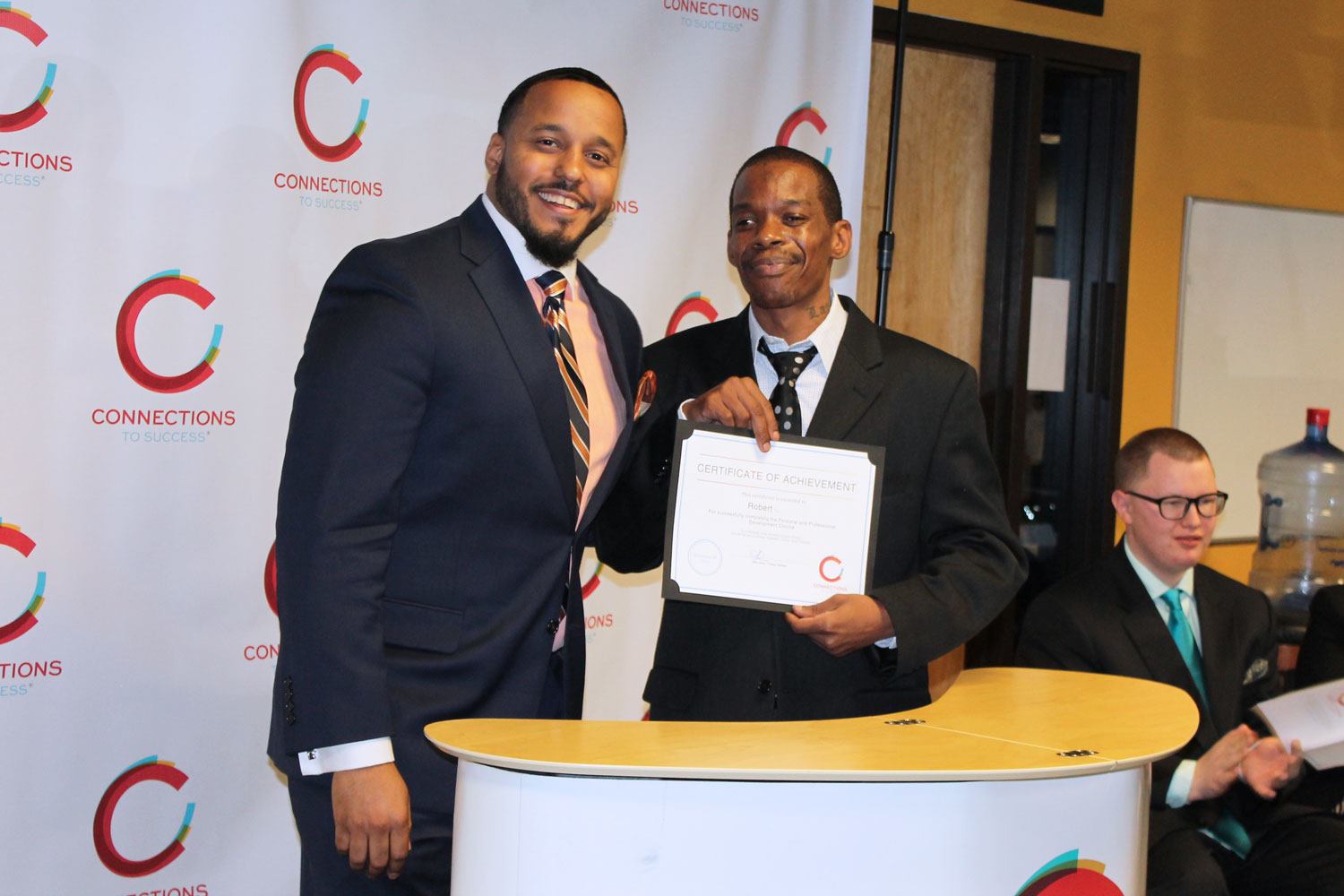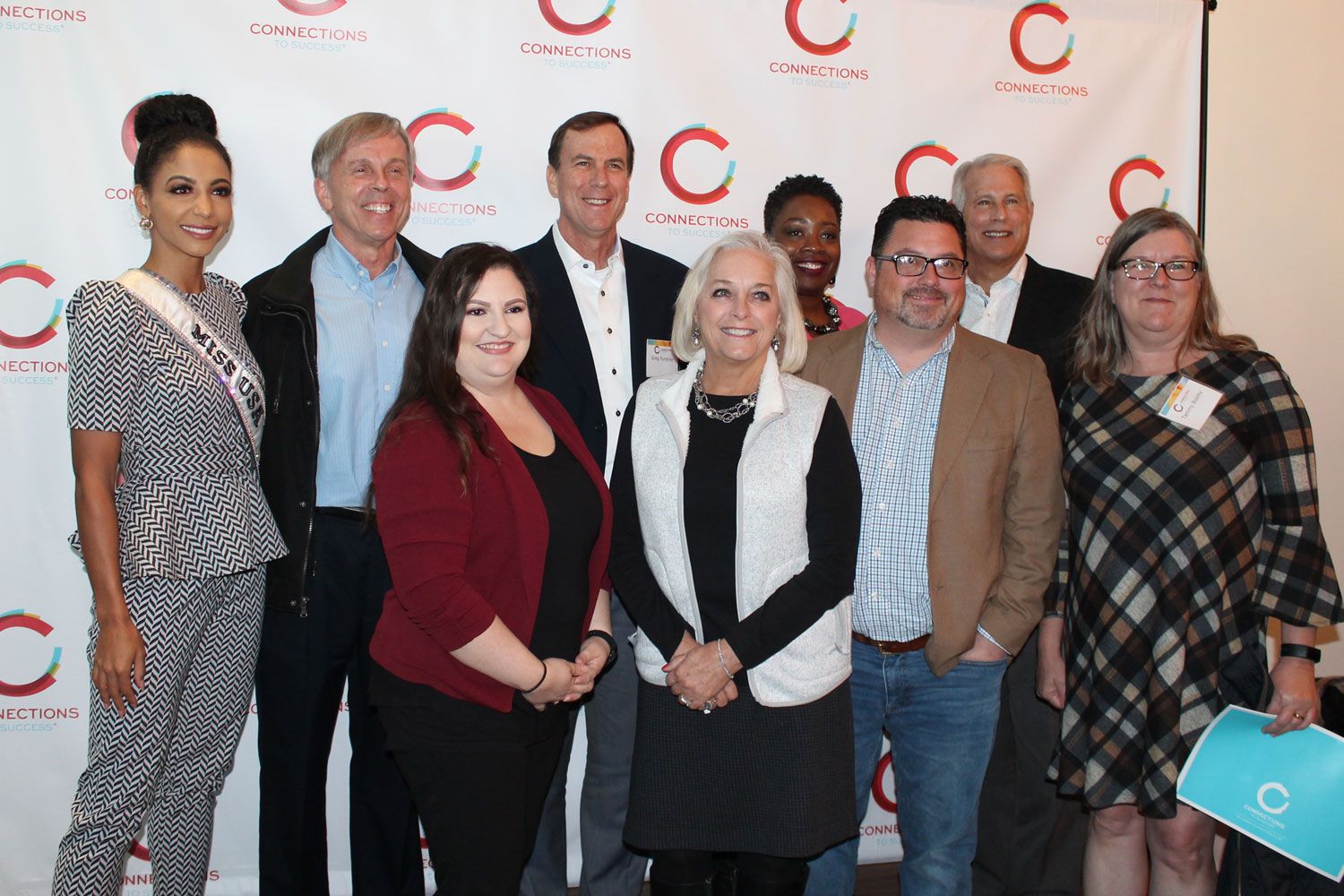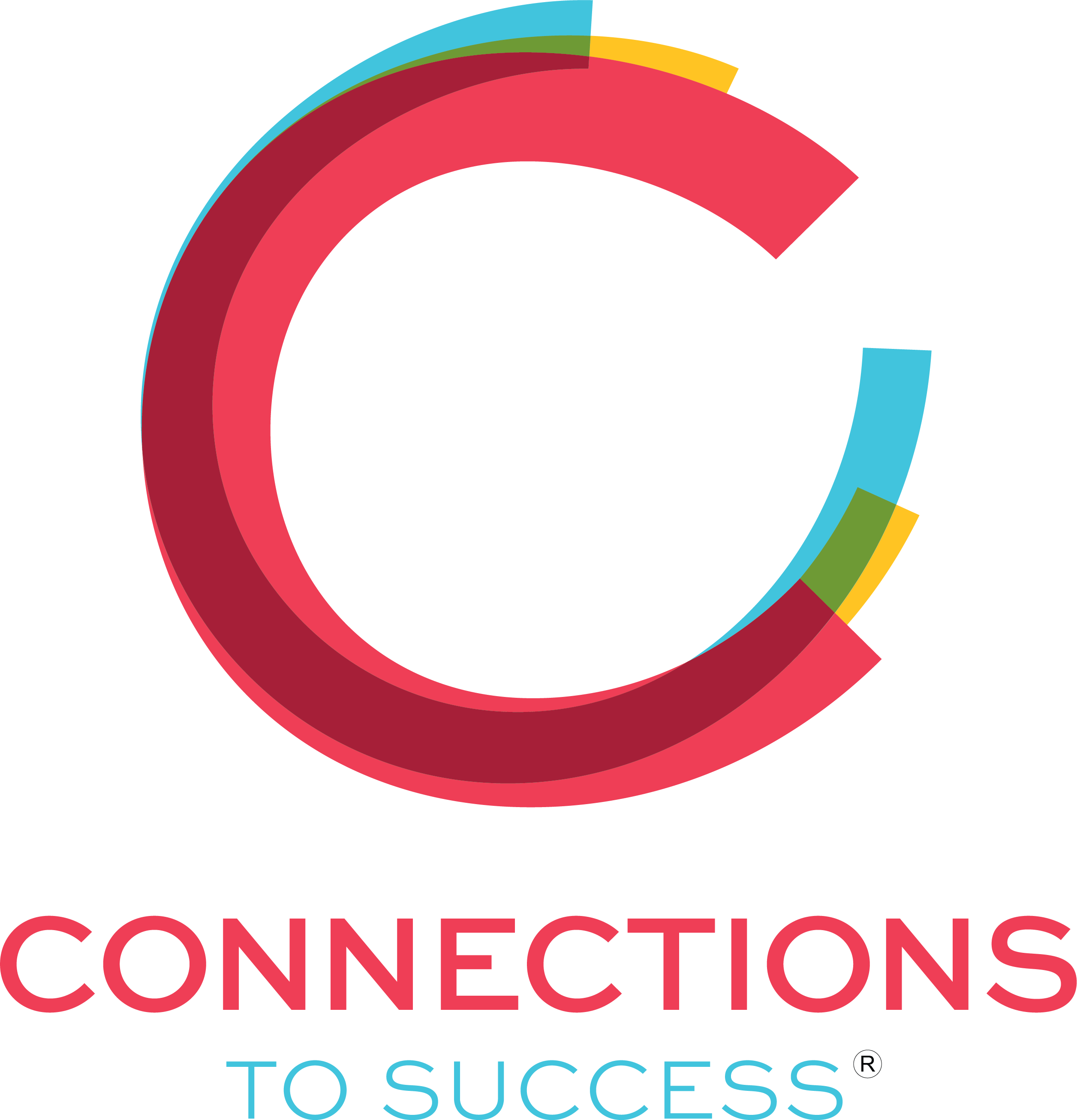Connections to Success helps families break the cycle of generational poverty by providing support to its participants as they move from entrylevel jobs to a family living wage. Through its wide variety of programming, Connections to Success empowers people to achieve the dreams they have for themselves and for their children.
, 

Just a Quick Note:
InnovationsOfTheWorld.com has partnered with Trade License Zone (TLZ) to support global innovators looking to expand internationally. Take advantage of the UAE’s Free Zones—enjoy streamlined setup, low corporate taxes, and a strategic gateway to the Middle East and beyond.
Get Your UAE Free Zone License Fast & Easy!Before it was Connections to Success, Kathy Lambert’s organization began as Dress for Success Midwest. She helped women—often single moms—to dress for the job they wanted. Many times, they got it.
“But ninety days later,” Kathy remembers, “I would see them come back. I didn’t understand. I would ask them, ‘What happened? I thought you had a job.’ And one by one, they would tell me the same story: they got a raise.”
, 
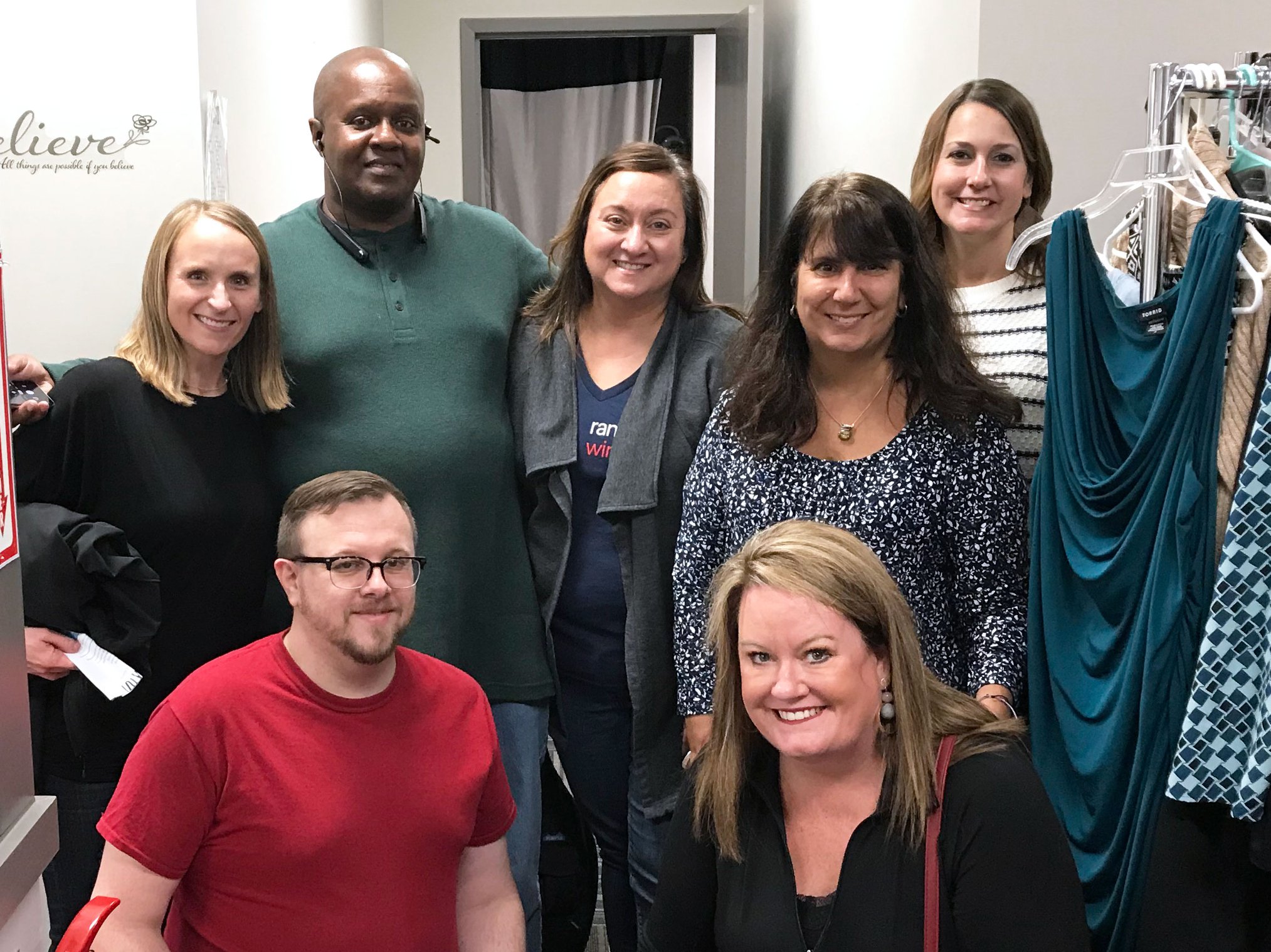
If it sounds like a simple answer, albeit a counterintuitive one, it is not actually simple. The Dress for Success Midwest participants were describing to Kathy a concept she, like many people, had never heard of: the benefit cliff. It describes the cessation of work supports—that is, government assistance with rent, childcare, groceries, healthcare—before a person can actually afford to live without that assistance.
Even a small earnings increase can raise a family above the income eligibility for work supports, triggering an abrupt loss of critical benefits. To be able to afford their daily needs—to stop their fall from the benefit cliff—the participants, like many people in their situation, had quit.
, 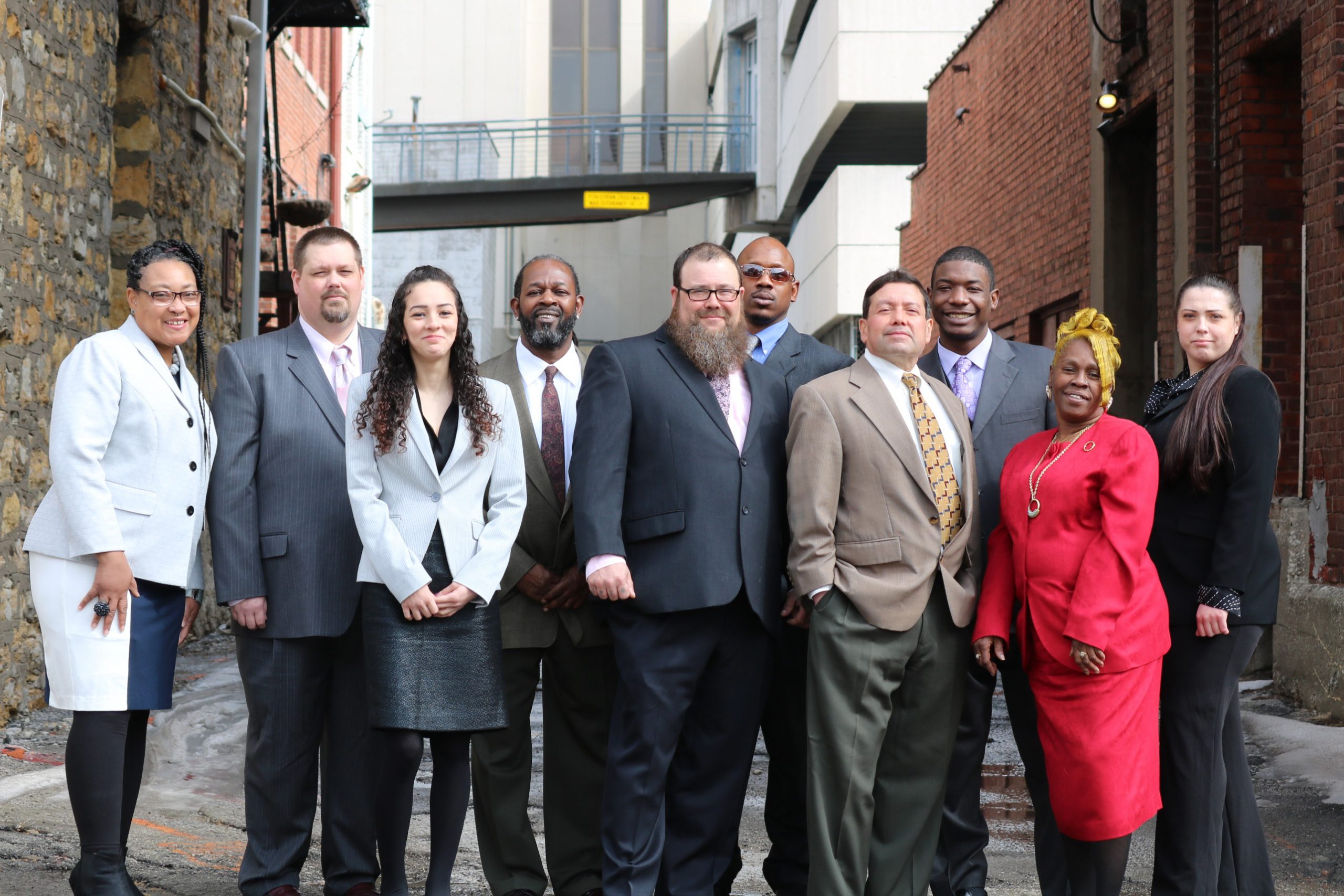

“I thought, This can’t be right,” Kathy says. “Why would our welfare system be created so that people were so dependent upon it? And not just parents but their children—generations of this dependency. I thought, Who’s doing something about this?”
Kathy sought out such organizations and found two, neither of them local. They were faith-based organizations that paired single moms with a mentoring support team. As the women moved beyond their entry-level positions and earned the raises that resulted in the loss of their benefits, their support team could fill in the gaps—providing, for example, childcare in the form of stay-at-home moms watching their children for free.
, 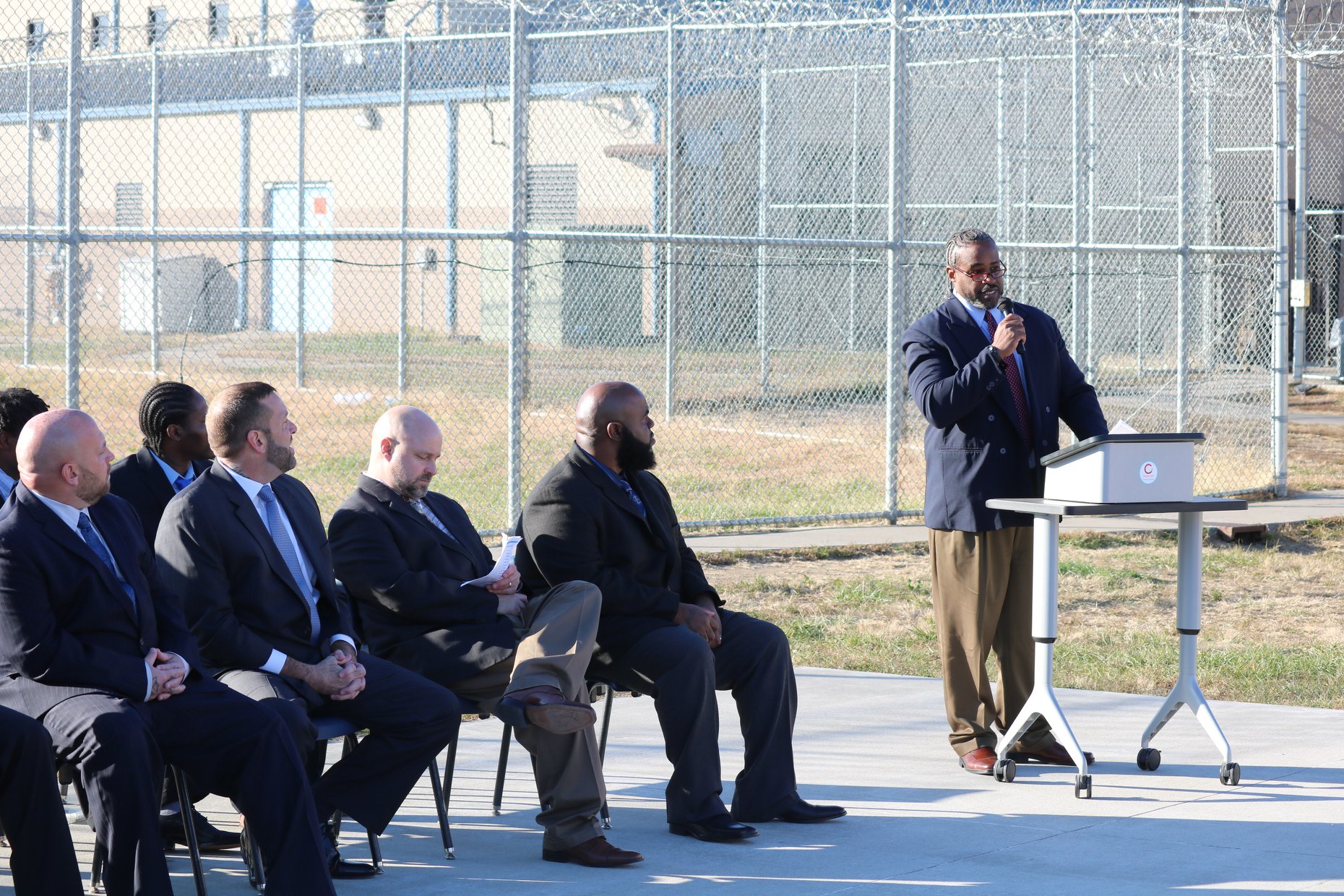
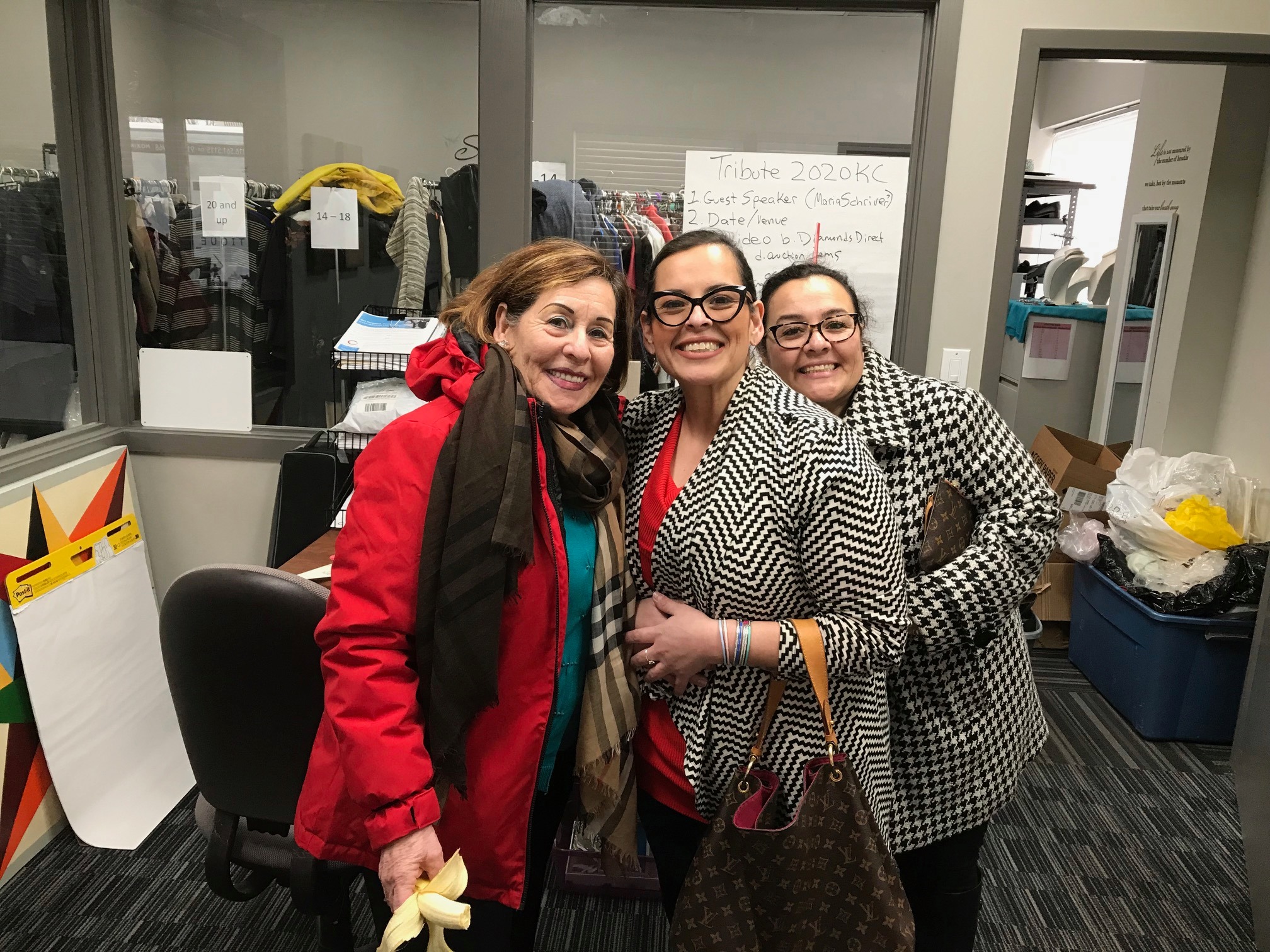
Building on the idea of holistic support, Kathy and her husband began offering additional services and soon brought them all together under the name Connections to Success. Kathy realized that, while everyone would have individual needs to be met in order to succeed, there was a suite of soft skills that all participants could benefit from.
“So many of our clients came from disruptive childhoods, and the average person who walks through our doors has a third- or fourth-grade reading level,” Kathy says. “They’d learned very quickly how to survive, but they didn’t know how to plan. They’d never planned anything—not even a birthday party. They’d never had one.”
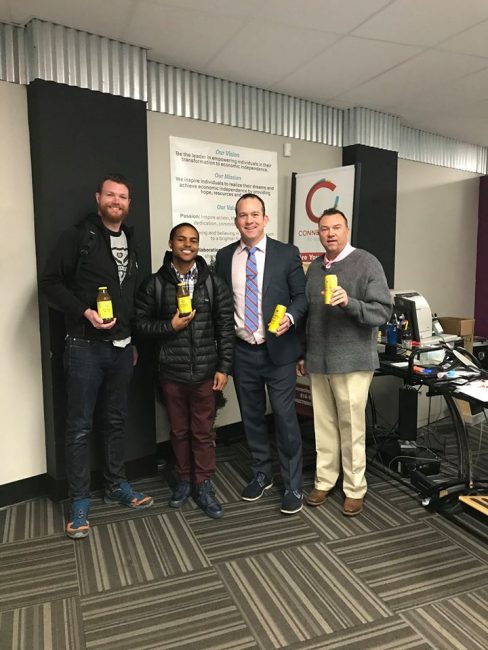
So Connections to Success developed its Personal and Professional Development program. It is a three-week, 72-hour course that all CTS’s participants take in order to develop their cognitive and critical-thinking skills. The course helps them understand where their strengths lie and how they can leverage those to set and reach their goals.
As part of the course, participants develop a personalized and goal-driven Life Plan. As the word “life” implies, CTS is committed to its participants throughout their lifetimes. One of the first families that CTS brought on nearly twenty years ago, for example, is sending its eldest child to college; the teen is the first person from either side of their family to matriculate.
, 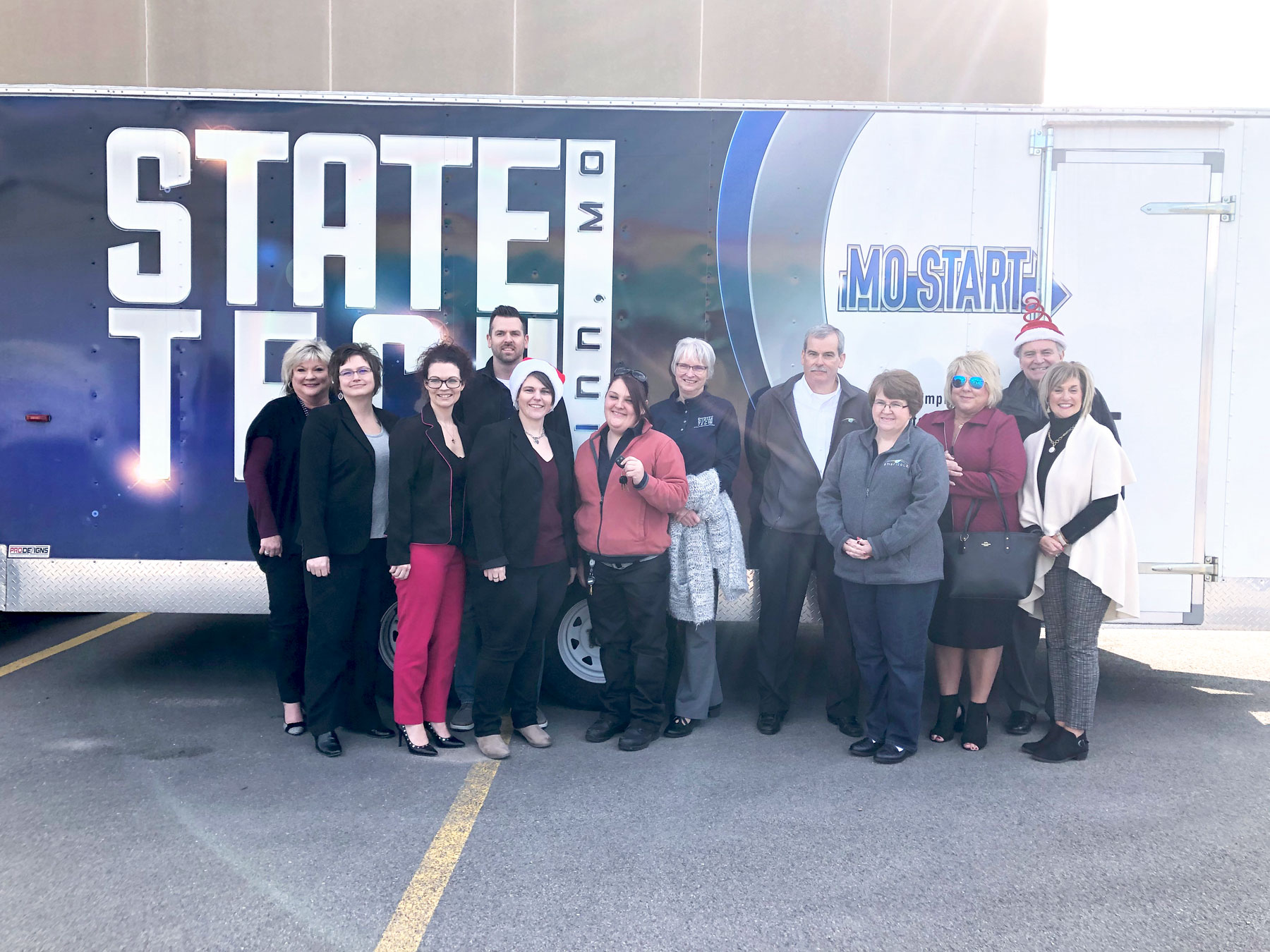
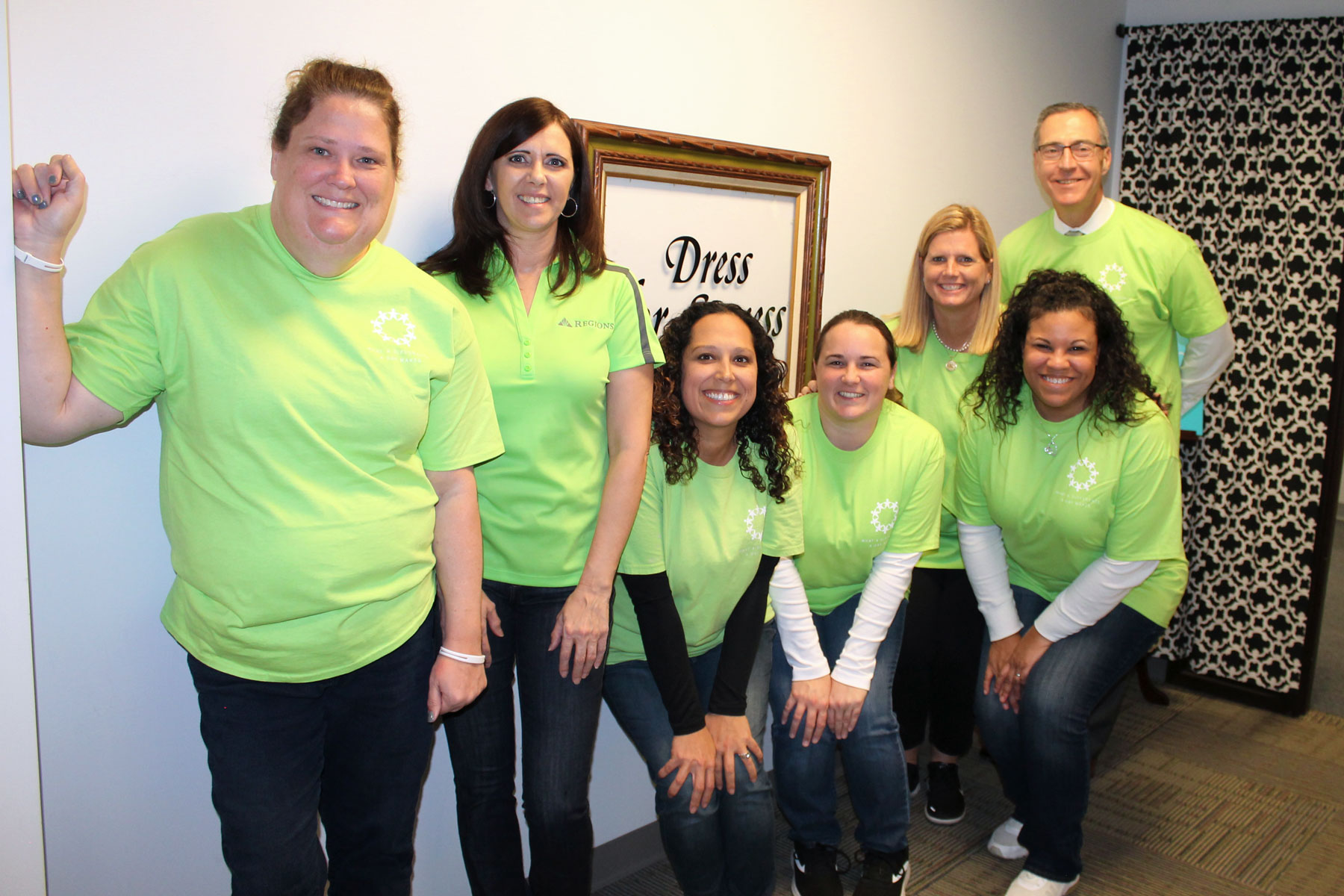
Connections to Success’ efforts extend to those currently incarcerated as well, especially noncustodial fathers struggling to pay child support. Kathy learned that in the State of Missouri fathers who are unable to make their child support payments can rack up crippling amounts of debt. Failure to pay these debts can lead to criminal charges, including a felony charge in some cases.
For incarcerated fathers who owe child support arrears, the debt continues to gain interest, and upon release, up to 65% of their take-home pay can be garnished to help pay it down. Combined with the other challenges of reentry, this can make it overwhelmingly difficult and discouraging for fathers as they seek to find and maintain employment.
, 
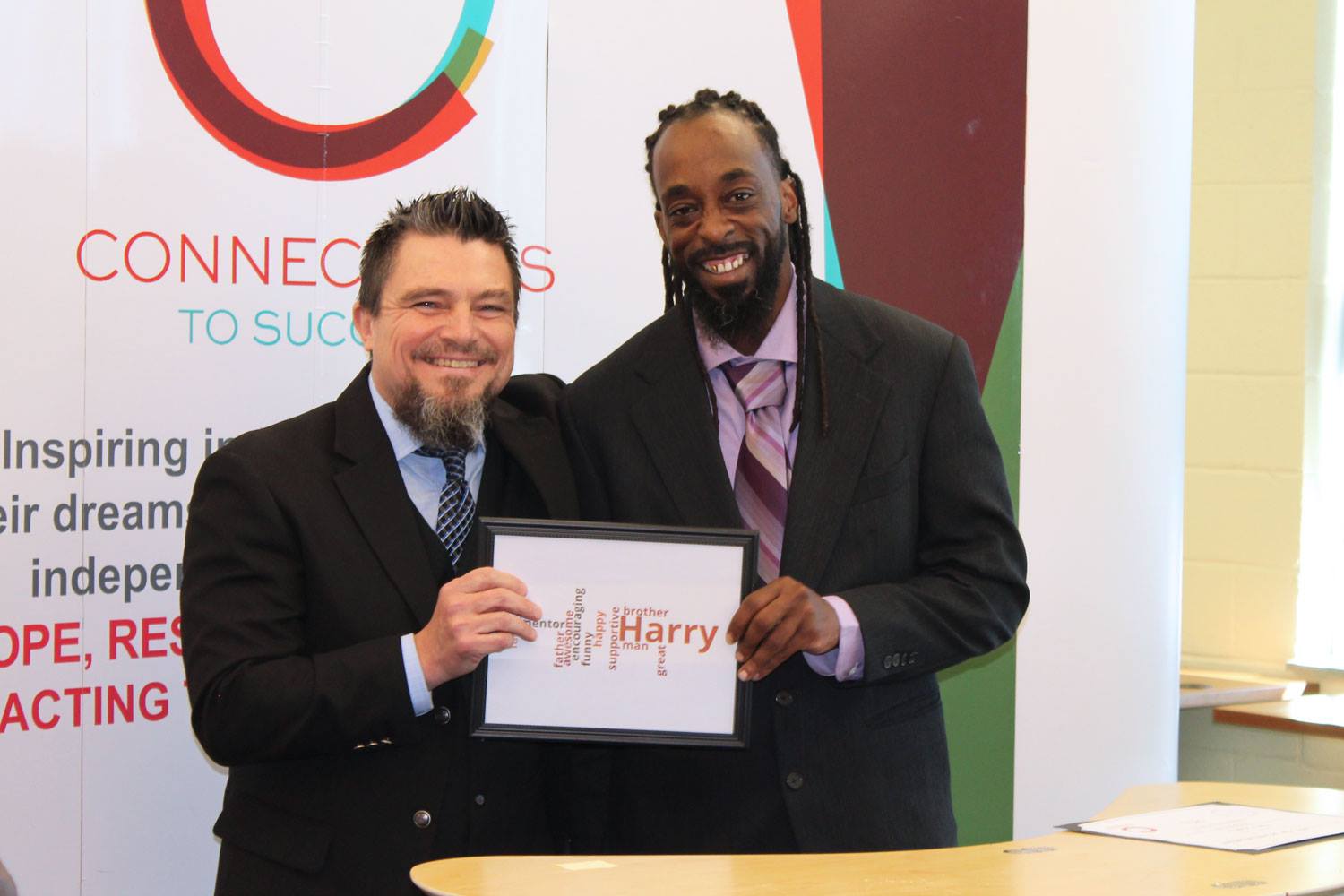
“These dads want to be responsible, but they don’t know how. They feel like everything is against them,” Kathy says.
Through a partnership with the State of Kansas, Connections to Success hosted a class that allowed fathers up to $1,500 in debt forgiveness when they attended. The state forgave a total of $90,000 in debt. At the end of the six-month program period, the amount of money paid back into the state by the employed fathers was over $300,000.
, 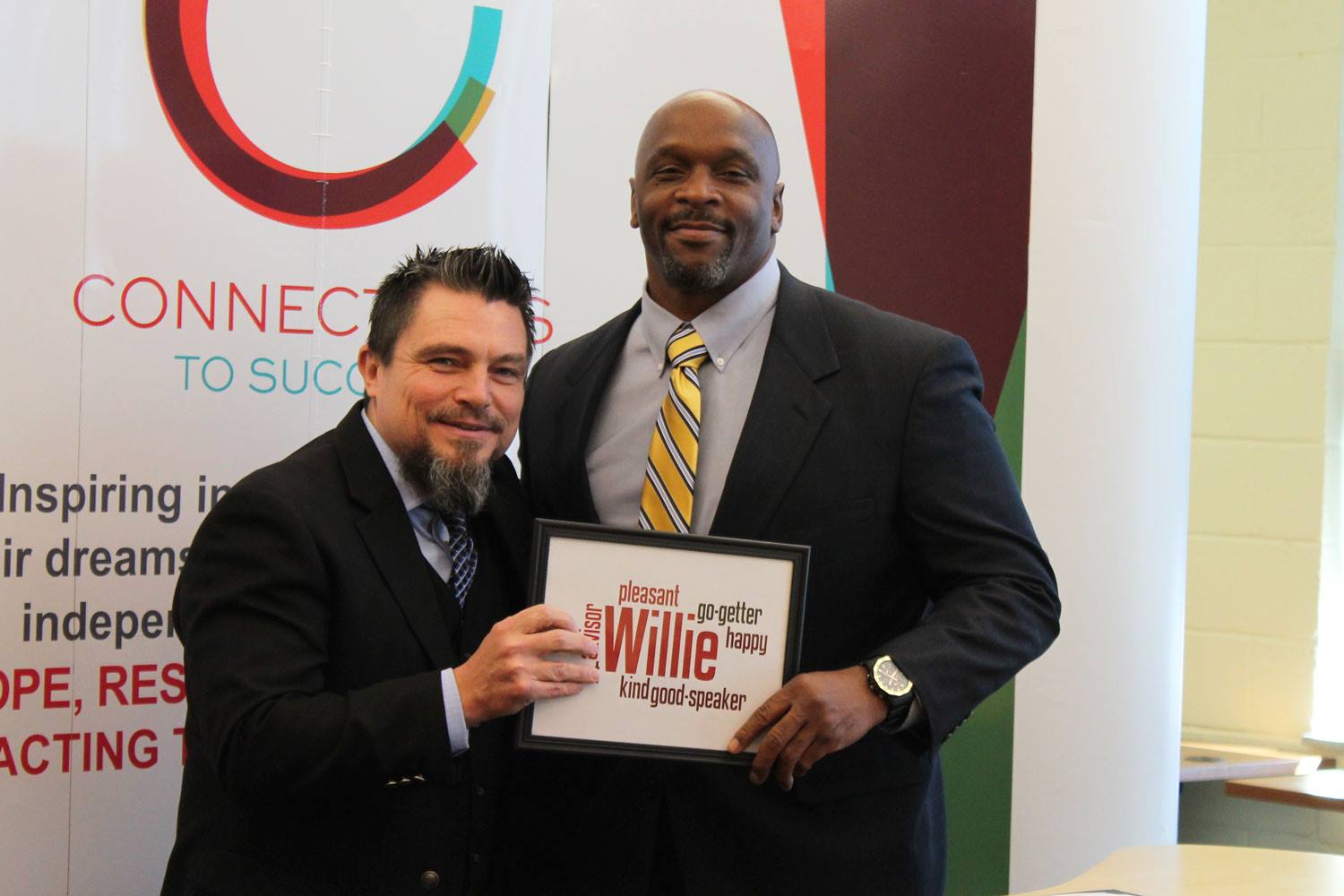
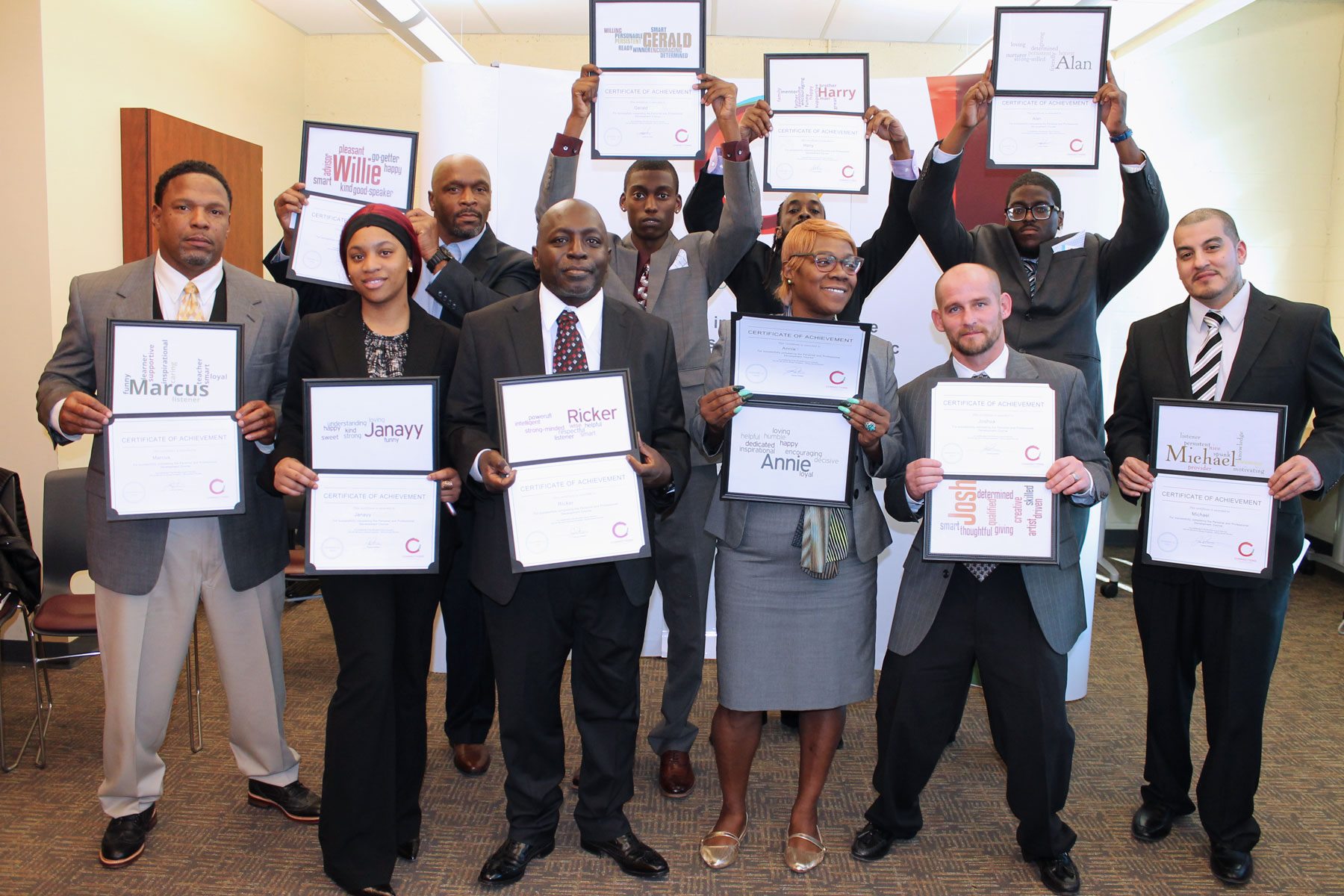
Today, there are nine Connections to Success-based programs throughout the state of Kansas and others in California, Arkansas, and Wyoming. This fall, Connection to Success’ program will be available online, allowing for replication all over the country.
What Kathy has said in a TEDx St. Louis talk in 2017 is still true today and will be tomorrow: “The fact is none of us would be here today on our own. None of us can do this thing called life on our own. We need each other.” Connections to Success provides that support.
, 